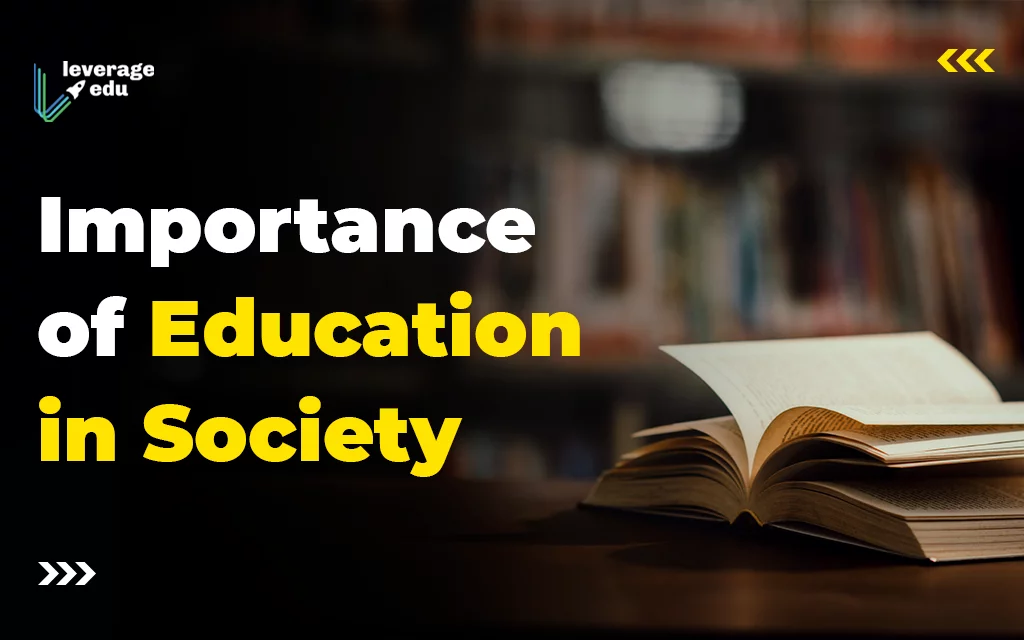Define Transfer of Learning. Give examples of proactive and retroactive transfer.
Transfer of Learning is the application of skills, knowledge, and/ or attitudes that were learned in one situation to another learning situation. This increases the speed of learning. Transfer of learning occurs when learning in one context or with one set of materials impacts on performance in another context or with other related materials.
For example, learning to drive a car helps a person later to learn more quickly to drive a truck, learning mathematics prepares students to study physics, learning to get along with one’s siblings may prepare one for getting along better with others, and experience in playing chess might even make one a better strategic thinker in politics or business.
Transfer is a key concept in education and learning theory because most formal education aspires to transfer. Usually the context of learning. (classrooms, exercise books, tests, simple streamlined tasks) differs markedly from the ultimate contexts of application (in the home, on the job, within complex tasks). Consequently, the ends of education are not achieved unless-transfer occurs.
Example of Proactive transfer:
If a person had the same credit card number for a number of years and memorized that number over time. Then if the credit card was compromised, and a new card dispensed to the client, the person would then have great difficulty memorizing the new credit card number as the old credit card number is so ingrained in his mind. The competition, between the new and old credit card numbers causes Proactive transfer.
Example of Retroactive transfer:
Retroactive facilitation can be seen when basket ball player plays a netball and then return to basketball. The need in the netball to lose your market often transfer very well to basketball, when the opposition is playing a full court press retroactive inhibition will only occur if the initial task is not learned. One would expect professional cricketer to be negatively affected by playing golf on, their days off. This rarely happens because their cricket -till is too well developed to be affected by the new tasks.





